AeroGenie — Seu Copiloto Inteligente.
Tendências
Categories
Airlines Inspect Boeing 787 Fuel Switches Following Air India Crash Report
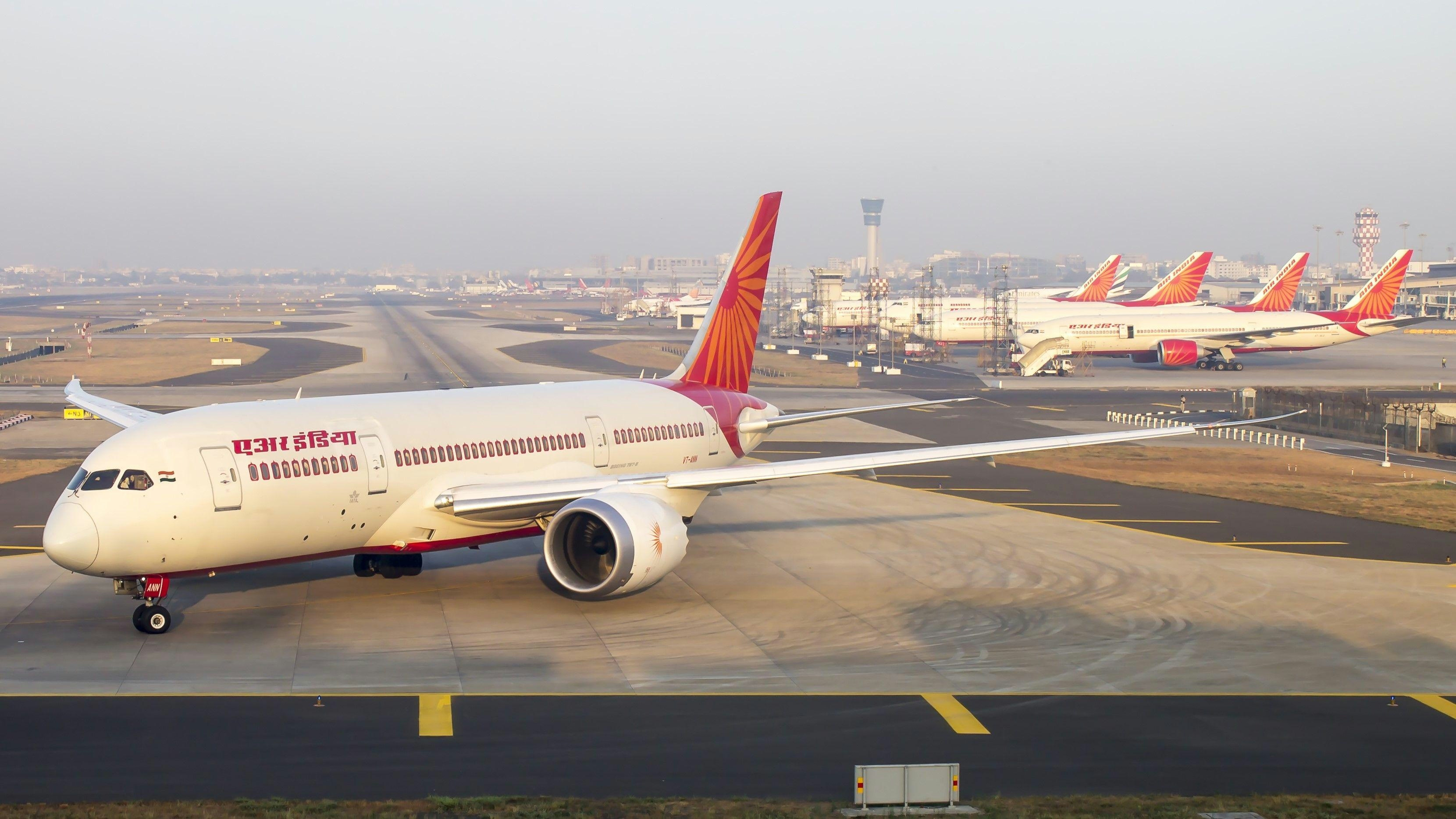
Airlines Conduct Global Inspections of Boeing 787 Fuel Switches Following Air India Crash Report
In the aftermath of the preliminary investigation into the Air India Flight 171 crash, airlines worldwide have initiated inspections of fuel-cutoff switches on Boeing aircraft. The London-bound Boeing 787 tragically crashed just 32 seconds after departing Ahmedabad Airport on June 12, resulting in the deaths of 241 of the 242 passengers and crew on board, as well as 19 individuals on the ground.
Findings from the Preliminary Investigation
India’s Aircraft Accident Investigation Bureau revealed last Friday that both engines lost power shortly after takeoff due to fuel being cut off. The cockpit voice recorder captured a tense exchange between the pilots, with one questioning the other about the fuel cutoff, which was denied. The fuel-cutoff switches on Boeing jets are equipped with stop-lock mechanisms and protective brackets designed to prevent accidental activation. However, the investigation is currently examining whether these safety features operated as intended during the incident.
The report also referenced a 2018 Federal Aviation Administration (FAA) bulletin that urged airlines to inspect the locking mechanisms on fuel control switches across various Boeing models, including the 787. This advisory followed reports of disengaged locking features on some Boeing 737 switches, which increased the risk of inadvertent engine shutdowns. The FAA warned that if the locking mechanism is disengaged, the switch could be moved without lifting, potentially causing unintended engine shutdowns.
Industry Response and Regulatory Actions
Despite the FAA’s advisory, Air India had not conducted the recommended inspections, as the guidance was not mandatory. In response to the crash report, aviation regulators in India and South Korea have now mandated inspections of the fuel control locking features on Boeing aircraft. Airlines in India, Singapore, and South Korea have commenced these checks amid heightened safety concerns.
A source familiar with the matter disclosed that Air India began voluntary inspections of fuel control switches on its 787 and 737 fleets over the weekend. Approximately half of the 787s and nearly all 737s have been inspected to date, with no issues detected. The airline expects to complete the inspections by Wednesday.
Similarly, Germany’s Lufthansa and its subsidiary Austrian Airlines have conducted precautionary checks on their Boeing 787 fleets. A Lufthansa spokesperson confirmed that no problems were identified during these inspections.
Boeing and the FAA continue to assert that the fuel switch locking mechanisms are safe. Nevertheless, the regulatory directives and widespread inspections reflect the aviation industry’s increased vigilance following the Air India tragedy. While no defects have been found so far, airlines and regulators remain closely engaged in monitoring the situation.

58 Pilots Graduate from Ethiopian University

The Engine Behind Boeing’s Latest Widebody Aircraft

UBTech Shares Rise After Airbus Orders Humanoid Robots
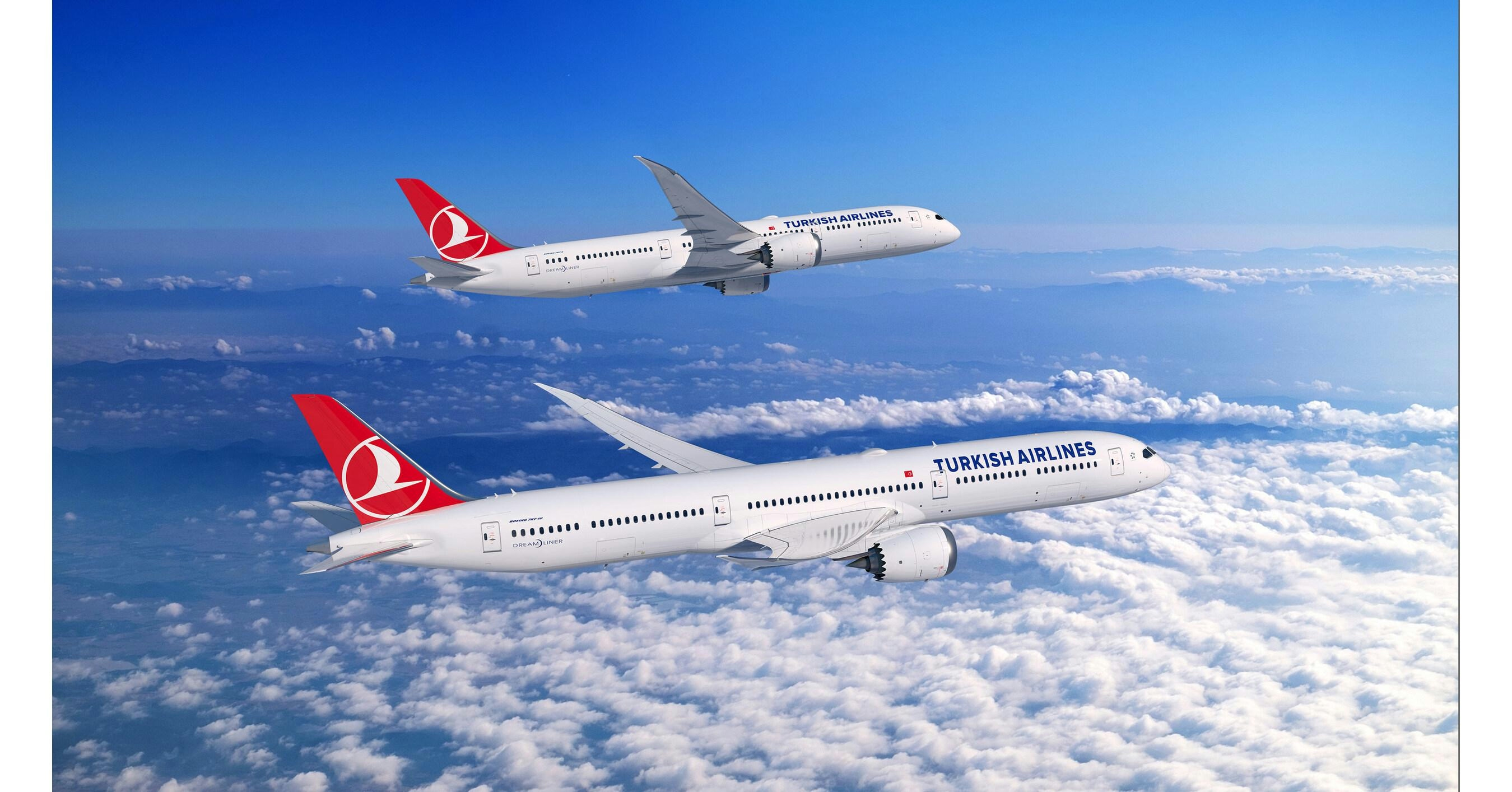
Boeing’s Widebody Jet Sales Surge Signals Shift in Global Air Travel

French Aircraft Design Claims to Reduce Energy Consumption by Elevenfold
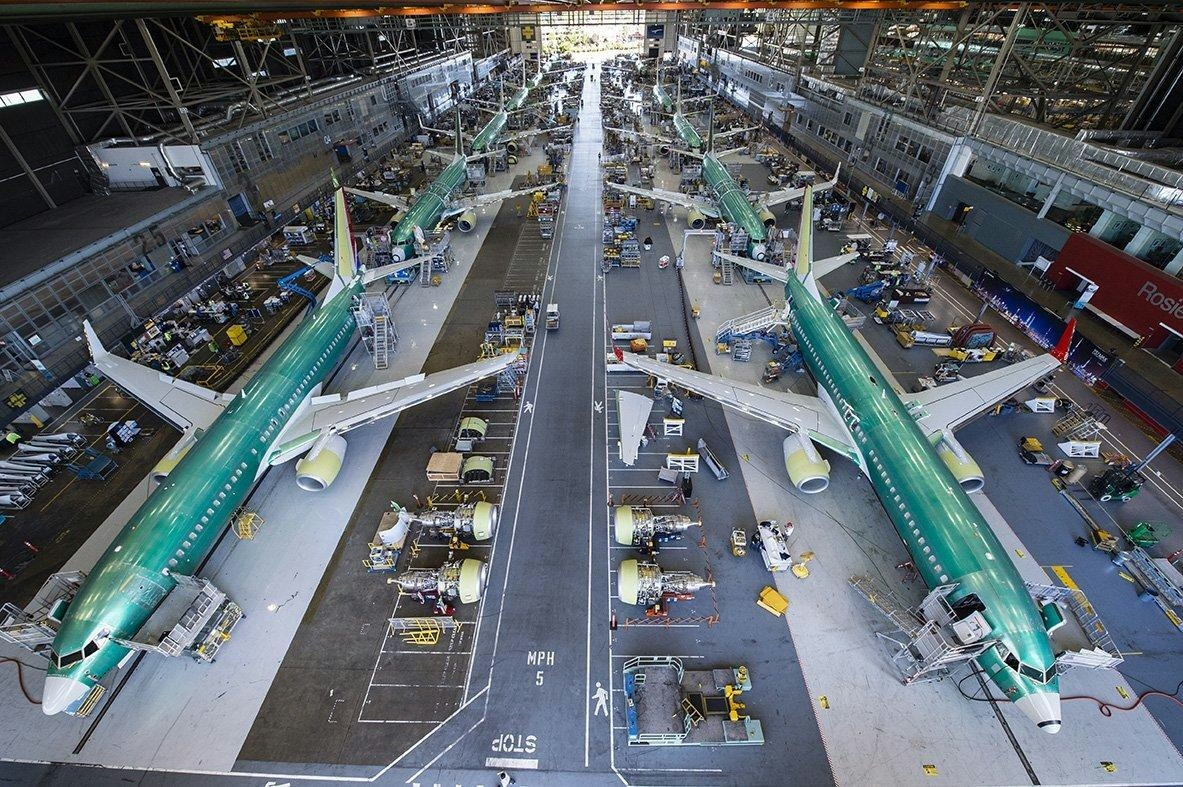
Boeing Surpasses Airbus Orders in 2025 as Deliveries Total 600
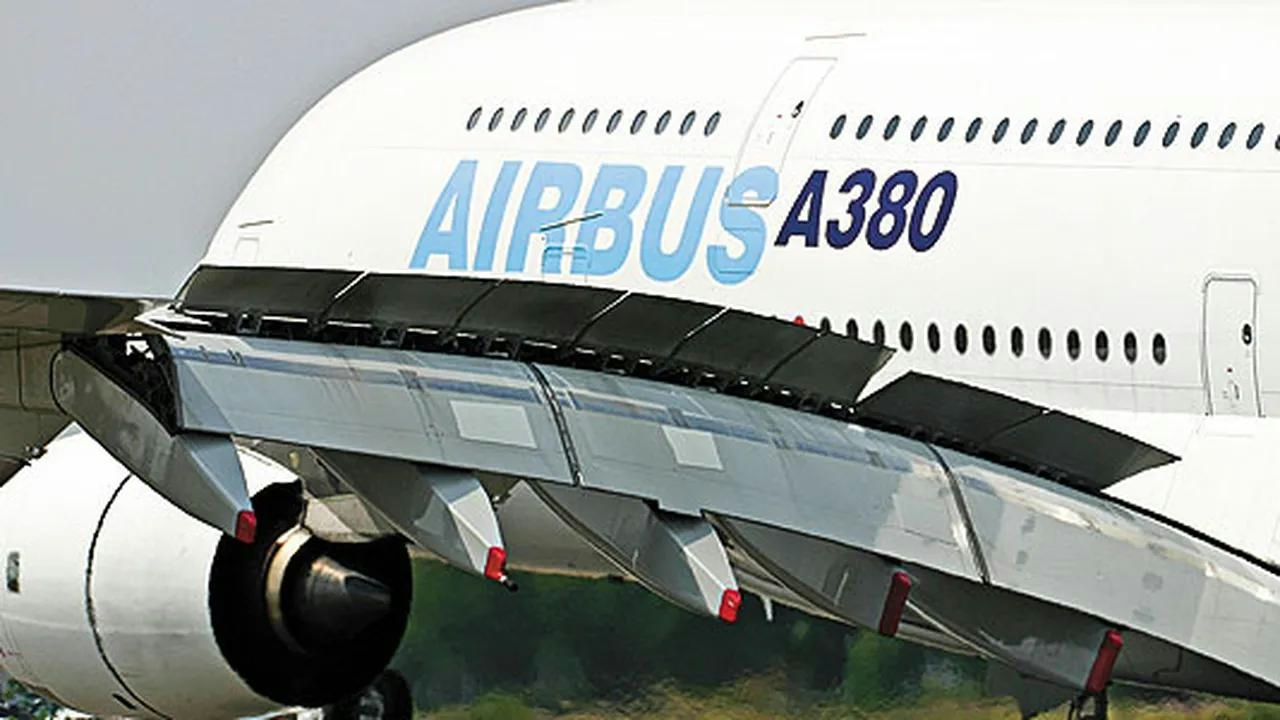
Why the Airbus A380 Uses Two Different Engine Types

'Miracle on the Hudson' Survivor Advocates for Increased American Airlines Staffing
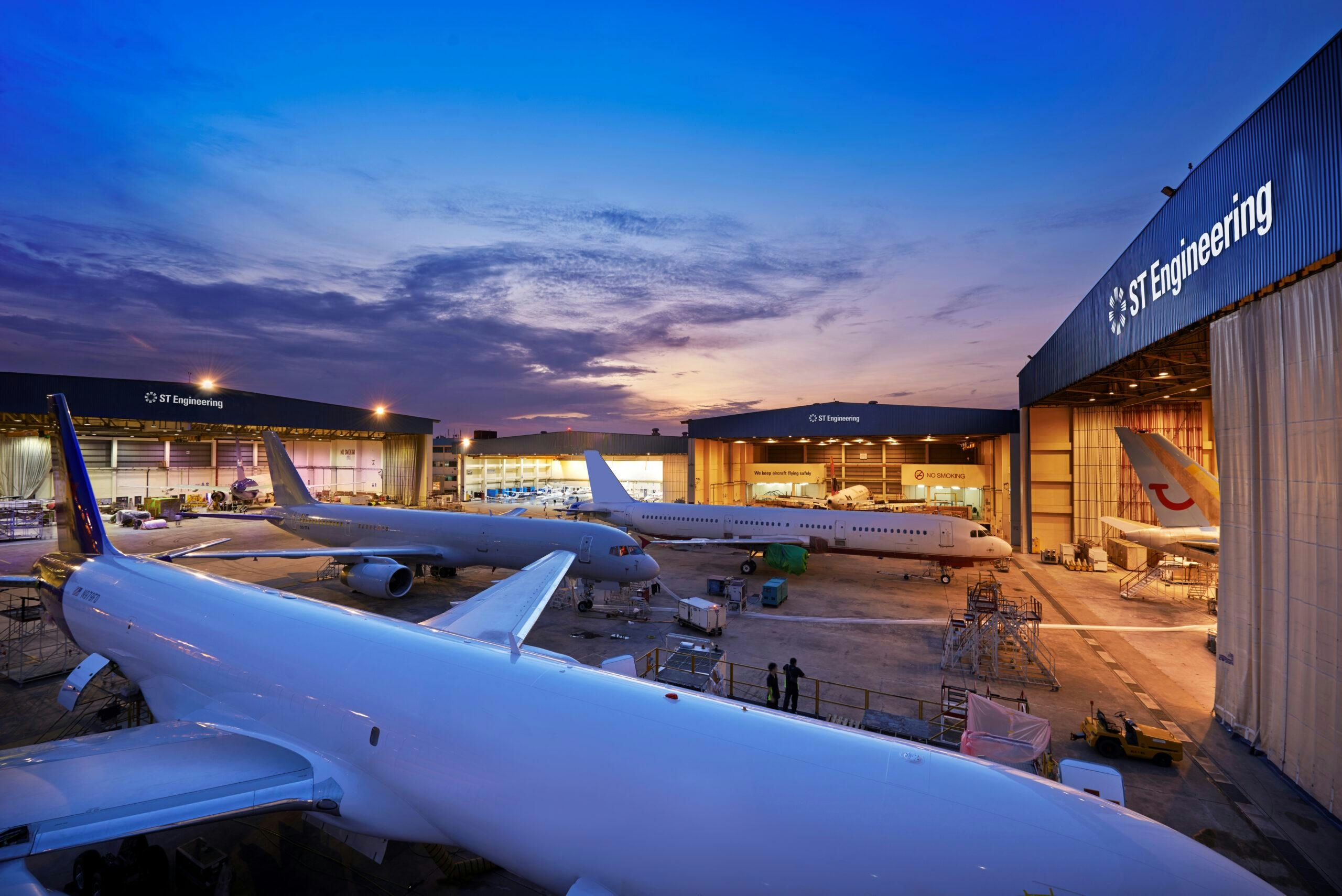
GAF 2025 Highlights Innovations and Investments Shaping the Future of Aviation
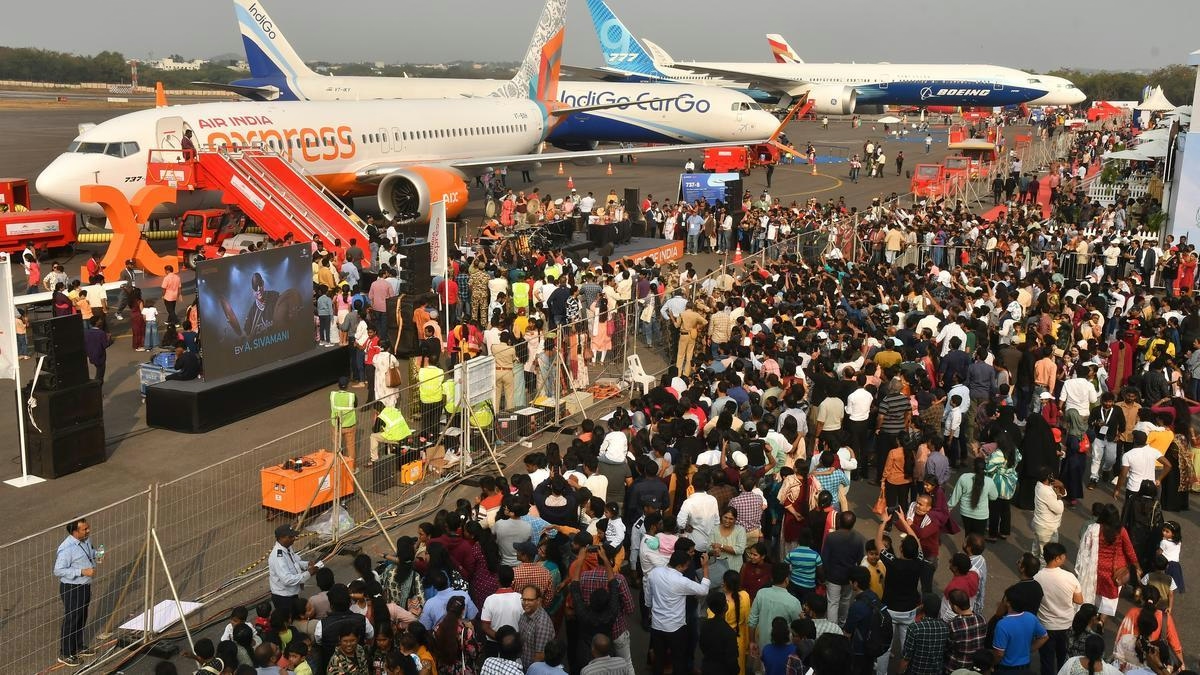
Wings India 2026: Advancing the Future of Aviation
